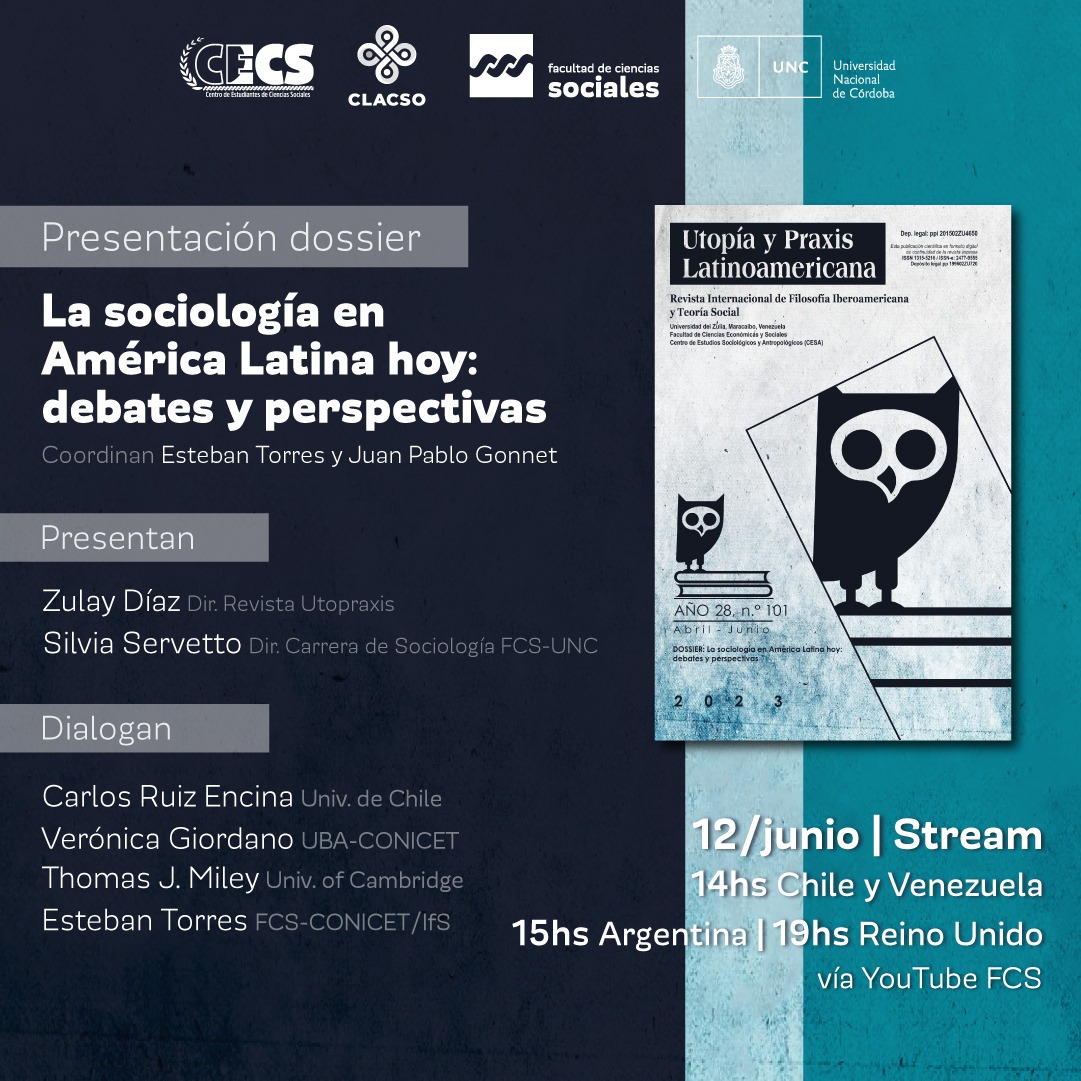Colonial Nature of Public Education as a Factor of Ethnical Deformation. / La naturaleza colonial de la educación pública como factor de deformación étnica
Resumen
ABSTRACT
The paper deals with the historical analysis of the reforms in the public education in the last period of the Russian colonization of the Central Asian states. Authors defined that the policy implemented by Russia in this region was marked by the rigid colonial governance. The modernization policy of the empire was defined as factor of ethnical deformation. The paper contains the assessment of the cultural-educational activities of jadidism,which in its activities based on the rich cultural traditions of the local population and governed by the achievements of the European civilization, emerged as an alternative to the policy of the colonial authorities'public education.
RESUMEN
El documento trata sobre el análisis histórico de las reformas de la educación pública en el último período de la colonización rusa de los estados de Asia Central. Los autores definieron que la política implementada por Rusia en esta región estaba marcada por el rígido gobierno colonial. La política de modernización del imperio se definió como factor de deformación étnica. El documento contiene la evaluación de las actividades culturales y educativas del jadidismo, que en sus actividades basadas en las ricas tradiciones culturales de la población local, y regidas por los logros de la civilización Europea, surgió como una alternativa a la política de educación pública de las autoridades coloniales.
Citas
Abai, K. (1992). A book of words. Prostor, Almaty.
Abdurakhimova, N.A. (2003). The main directions of Russian-Central Asian relations in the field of education in the second half of the nineteenth and early twentieth centuries, in: History: the problem of objectivity and morality. Materials of the scientific conference, p. 53, Fan, Tashkent.
Alektorov, A. (1905). From the history of the development of education among the Kirghiz Akmola and Semipalatinsk region, Journal of the Ministry of National Education. 12: p. 159.
Bekmakhanov, E. (1966). Essays on the history of Kazakhstan in the ХІХ century. Mektep, Alma-Ata. Bendrikov, K.E. (1960). Essays on the history of public education in Turkestan (1865-1924). Publishing
house of the Academy of Pedagogical Sciences of the RSFSR, Moscow.
Buttini, M. (2007). Revolution on the contrary. Central Asia between the fall of the tsarist empire and the formation of the USSR. Zveniya, Moscow. Central State Archives of the Republic of Uzbekistan. F. 47, op. 1, d. 764, l. 6. Retrieved June1, 2018 from
Chokay, M. (2007). Selected works. In 3 volumes. Kainar, Almaty.
Karlybayev, M.A. (2003). The question of public education in Turkestan after the conquest of the tsarist Russia, in: History: problems of objectivity and morality. Materials of the scientific conference, p. 111, Fan, Tashkent.
Kaufman, K.P. (1885). The project of the all-belief report of the adjutant general K.P. von Kaufman I on civil administration and organization in the provinces of the Turkestan governor general: November 7, 1867 - March 25, 1881. Publication of the Military Scientific Committee of the General Staff, St. Petersburg.
Khudaykulov, A.M. (1995). Educational activities of the Jadids of Turkestan (late XIX-early XX centuries). Academy of Sciences of the Republic of Uzbekistan, Tashkent.
Kozybayev, M., Baipakov, K., Burkhanov, K., Koshanov, A., Kumekov, B., Sagadiyev, K., Tuimebaev, Zh. (2000). History of Kazakhstan from ancient times to our days. Vol. 3. Atamura, Almaty.
Martin, T. (2011). Empire of "positive activity". Nation and nationalism in the USSR, 1923-1939. Boris Yeltsin Presidential Center Foundation, Moscow.
Ostroumov, N.P. (1880). Sarthey. Ethnographic materials. F. and G. Br. Kamensky, Tashkent.
Ostroumov, N.P. (1904). Report of the Turkestan Teachers' Seminary for 25 years of its existence (April 30, 1879 - August 30, 1904). F. and G.Br. Kamensky, Tashkent.
Ostroumov, N. (1909). What should be done with new-method macabam? Turkestan collection. 497: pp. 44- 48.
Saduakasuly, S. (2002). Collection of the works in 2 volumes. Vol. 2. Alash, Almaty. Segizbayev, O. (1959). World view of Valikhanov. Kaz.izdat., Almaty.
Tazhibayev, T. (1952). Education and schools of Kazakhstan in the second half of the XIX century. APN KazSSR, Alma-Ata.
Turkestan News. (1895). January 8, No. 1.
Zakharova, L.G. (1968). History of the Uzbek SSR. In 4 volumes, Vol. 2. MTSFER-U, Tashkent.












